The Women's Equality party has just launched its policy platform in front of a packed hall of activists in London.
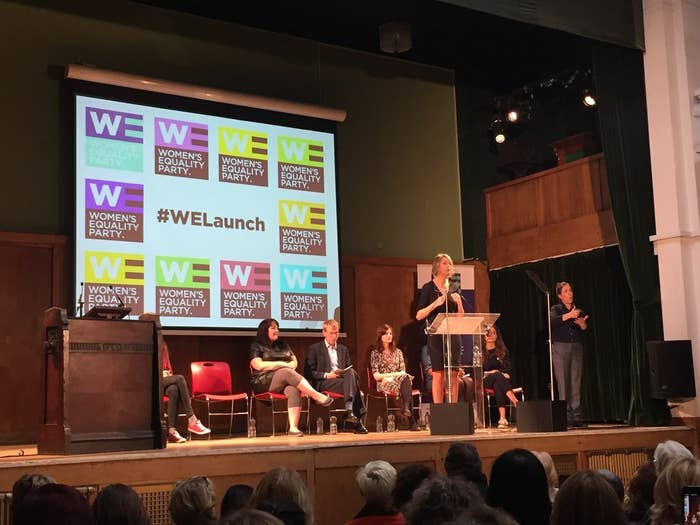
Party leader Sophie Walker told the event on Tuesday: "We're not a special interest party. Women are half the population. Equality belongs to us. The political system belongs to us. We're within our rights to lay claim to both."
Founded in March by broadcaster Sandi Toksvig and journalist Catherine Mayer, the party now claims to have 45,000 members and supporters. Its policies include quotas for female parliamentary candidates, quotas for women on boards, scrapping the married tax allowance to fund rape crisis centres, and giving both parents six weeks of paid leave each after having a baby.
In her speech, Walker made clear that the Women's Equality party wants to "unite people of all genders, ages, backgrounds, ethnicities, beliefs, and experiences". BuzzFeed News spoke to six men to ask why they joined up.
Matthew Stokes, a secondary school teacher from Mid Sussex.
@WEP_UK I've joined the Women's Equality Party with the hope that my 4 daughters will grow up in a more equal UK
"I've always been interested in politics, I'm left-leaning but I'd never found a party. But then my wife joined the Women's Equality party [WEP] and that got me interested. I've got four daughters and it's very clear that we don't live in an equal society. People are being judged and people are being held back.
"I've taught for 23 years and it's clear that senior leadership teams in secondary schools are male-dominated. The starting point for the WEP is to make the whole gender equality issue more mainstream. We have to have a government to represent society that is equal, so I'm very much for 50/50 representation in parliament.
"Some people think equality is already in place but it's still not there. The long-term aim of the party is equality for all – it doesn't matter what your gender is, it doesn't matter what your age is, what your race is, you should be judged on who you are.
"My family think it's great that I've joined. But my friends are maybe not quite as convinced. I was just having a WhatsApp chat with my rugby friends – they were watching the game on Saturday night while I went to see Suffragette with my wife. They said: 'What do you want to see that for when the rubgy's on?' I said to them: 'You've got daughters, you've got to see this film.'"
Monty Nero, a writer and artist from Dundee.
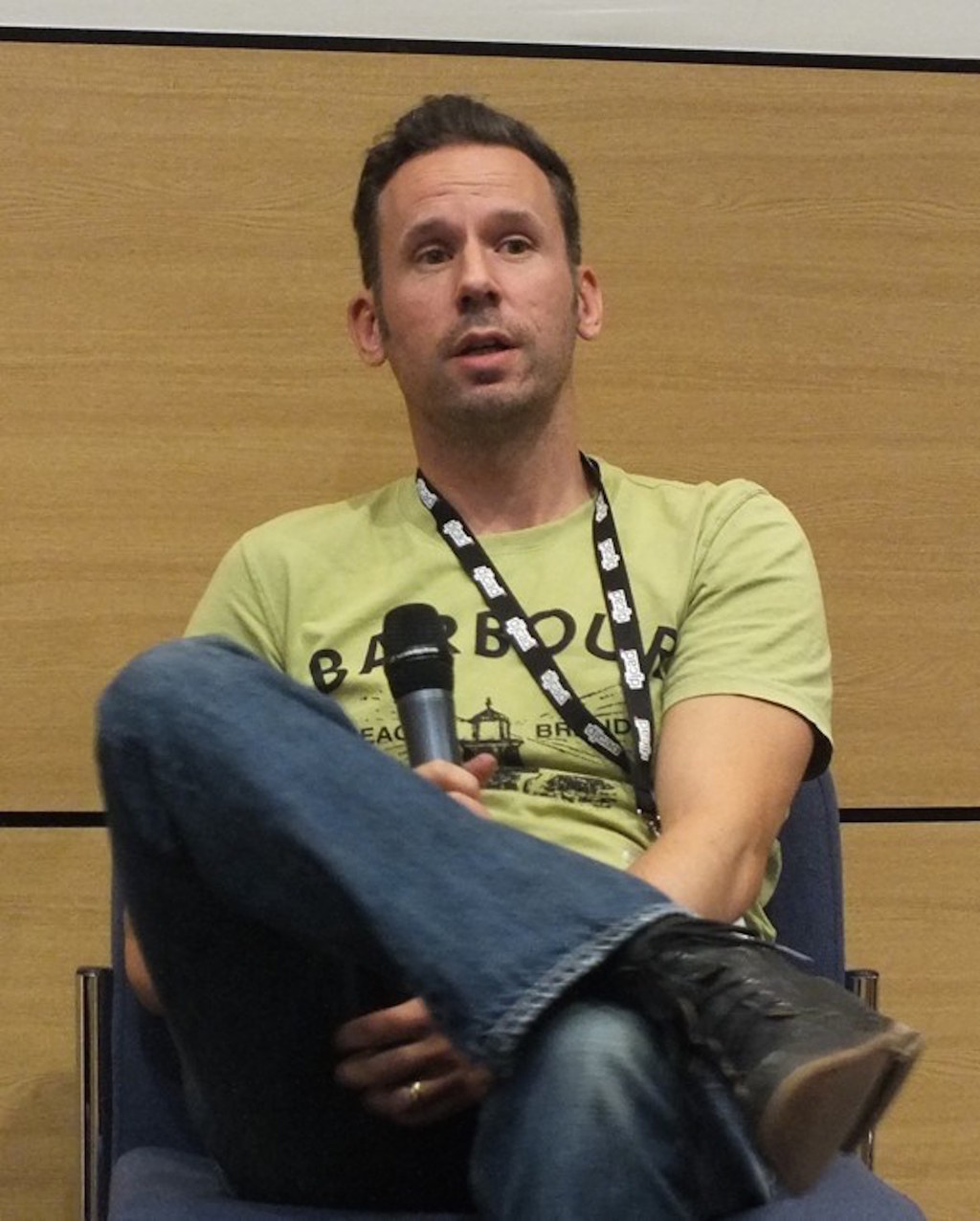
"I'm increasingly frustrated at the maddening and unjustifiable inequality between men and women in our country, for which there is frankly no excuse, particularly in regard to expectations surrounding childcare, parental leave, careers, and pensions.
"My mum was the stay-at-home mum, so her pension is now awful, whereas my dad worked his whole life and reaps the benefits now he's retired. Time spent raising our children is fundamental to ensuring a just and healthy society, so clearly men and women should be valued and rewarded equally to ensure they both enjoy their fair share of time at home and work.
"The proactive political approach of the WEP appeals to me. I'm looking to achieve equality between men and women, particularly in regard to representation in parliament, work, and leadership positions.
"It seems fairly obvious to me that if 50% or more of our MPs were women, then political decisions on childcare, employment, healthcare, social security, and so on would swiftly reflect the true views and needs of women – and thus the broader needs of society – to the benefit of everyone. If the Finns can do it, why can't we?
"Clearly the whole population has to be on board for this to work. I don't know anyone who doesn't consider women equal so it frustrates me that we can't follow through on this practically and swiftly.
"My message to men who are wary of joining the WEP: Look at the women around you and consider how much better the world would be if you both had the exact same chances, expectations, and opportunities at home and at work. How can you just stand by and let inequality stand?"
Jon Skeet, a software engineer from Reading.
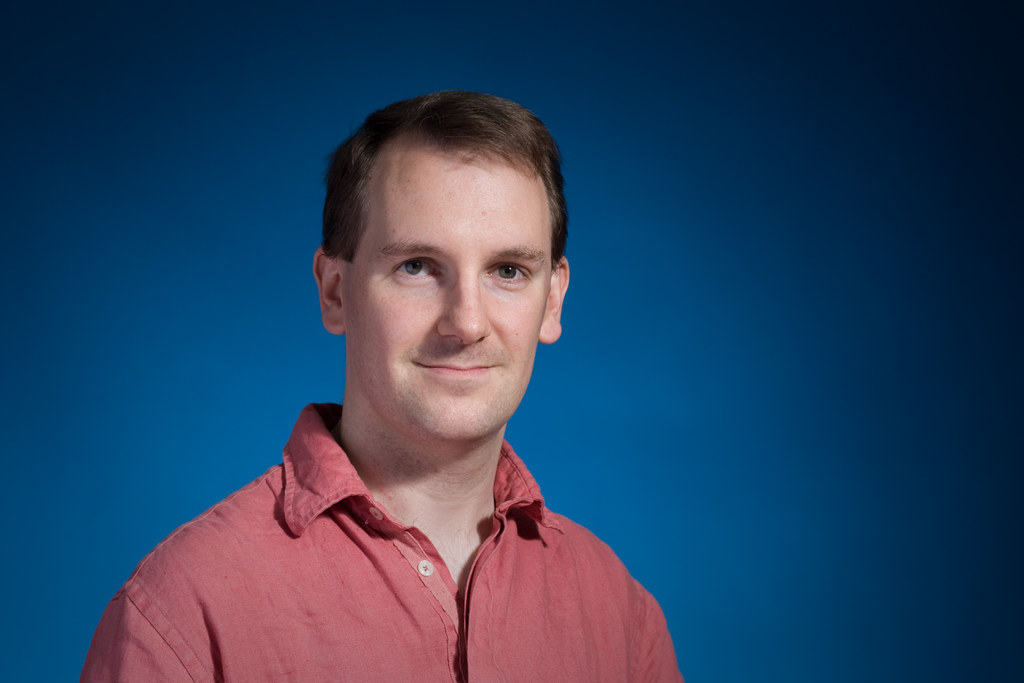
"I've been in favour of equality across race, gender, and sex for a long time, but have been more actively interested in feminism for the last year or so. When I first heard about WEP I was interested, and then a newspaper interview with the founders convinced me that this was the sort of political party I could really get behind.
"I was particularly pleased by the conscious decision to only campaign on women's equality issues, allowing members to hold very diverse views on other matters. While it's not inconceivable there will be WEP local councillors and even potentially a few MPs at some point, I'm most hopeful that the party will affect politicians of the existing dominant parties.
"I certainly hope more men join the party, partly as an indication of an understanding that issues of equality are issues for all of us. A more equal world will benefit men as well as women. Yes, there will be some apparent downsides in terms of the unfair advantages men currently 'enjoy' – in pay, opportunity, expectations around housework, and childcare, for example – but there are plenty of upsides to more than balance these.
"Surely it's obvious that there's a net benefit in making better use of our talent pool, instead of largely ignoring nearly half of it – and everyone benefits from a society where violence against women and sexual harassment are simply not tolerated.
"I have a sneaking suspicion that there's a huge cohort of men who would support the aims of the party, but remain unaware of the scale of the problem. Just reading the Everyday Sexism project could fix that to a large extent."
Philip Green, a writer and community activist from London.

"I am dissatisfied with the direction all Westminster parties are going. Equality seems to be a footnote to their policies – women are sidelined, as indeed are all so-called minorities. The major parties are failing to listen to the concerns of the people they purport to represent, they are far too macho and far too tribal.
"I have always voted Labour and was a member for some time but when the WEP was first mooted I was immediately interested. The promise of a new political party with equality at its heart, started and led by women, with policies taken from ordinary members and open to everyone, was something I could and would sign up to.
"I believe the WEP will change the mindset of political parties through the positive promotion and representation of women in all spheres of political and public life. I certainly hope more men will join. The idea that 'women's issues' are an addendum to political, public, and community life – from earliest schooldays through to the workplace – demeans all of us. The concerns and requirements of women are matters for everyone to stand up for.
"It cannot be to the benefit of wider society that 51% of the population are treated as somehow inferior. It is not something I have been bought up to believe, it is something I have long campaigned against. It is time that men properly listen to women and support organisations which, like the WEP, demand that women are put on an equal footing to men."
Andy Woodfield, the head of international development consulting at PricewaterhouseCoopers, from London.
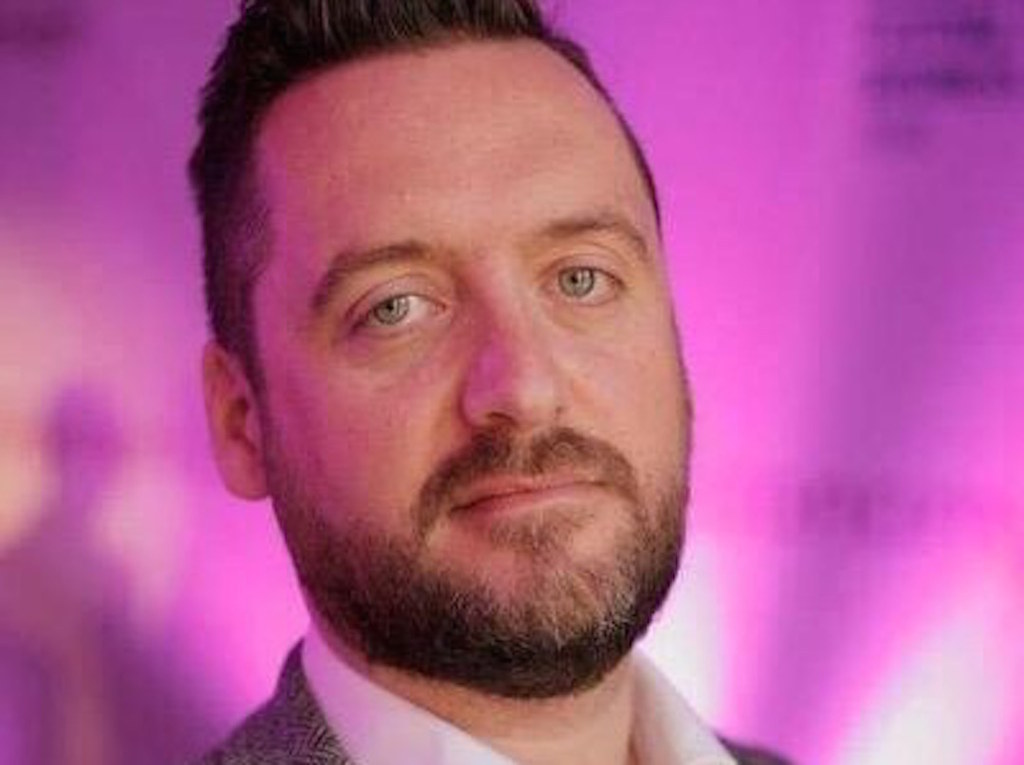
"I'm passionate about gender equality. I'm convinced we've made this all too complicated and if we all share ideas and stories of what's worked, then we can make real and practical progress. I was attracted by the simplicity of what the WEP want to do in their desire to gather good practice and to share practical ideas and policies with all political parties.
"I want to make a difference. I hope the party will achieve gender equality in my lifetime. I'm convinced that if men don't get involved, then things won't change. For too long gender equality has been positioned as a problem for women. It's not, it's an opportunity for business and society.
"Women don't need to change, our businesses need to change. Men in particular need to understand and value the positive business impact of gender balance. My message to men who might be put off joining the WEP is suck it up, get involved. It's not your fault you are a man, you can make a difference.
"Gender equality is an issue and opportunity for men and women but it's women who've been disadvantaged for centuries. It's time for gender balance – men and women need to work together to make this happen."
Duncan Fisher, co-founder of the Work Care Share campaign, from South Wales.
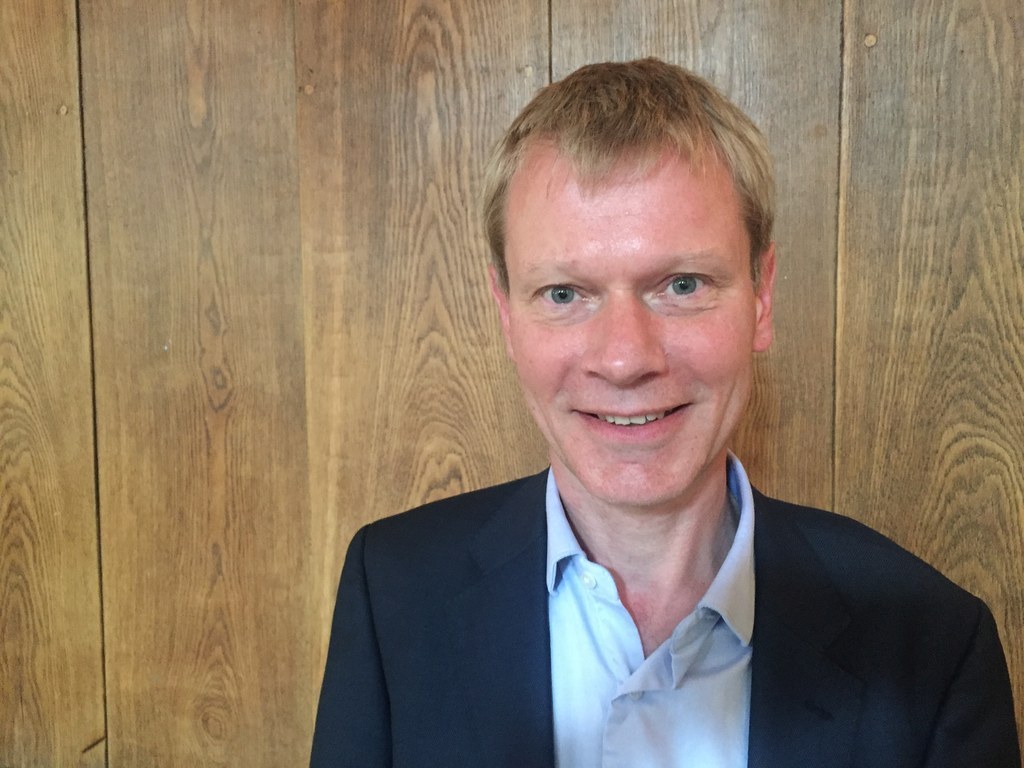
"I have been a campaigner for equality for 18 years, since the day my first daughter was born and I created the Fatherhood Institute. From the earliest stage we knew that equality for women depended on men becoming close to their children. I served on the Equal Opportunities Commission, where my job was to focus on the question of who cares for children.
"But since 2008 the debate has gone dead. Both I and my colleagues have been writing and advocating the whole way through, but nobody has been reading or listening. And suddenly the WEP arrives and puts caring fairly and squarely on the table, like they did in other European countries a generation ago.
"This moment is one of the most significant in my 18 years of this work, I can hardly believe it's real. The WEP talks about parenting as a joy and it talks about the need to share it equally. Wow! No other gender equality advocate or political party is saying such a thing.
"By focusing only on equality in work and in public life, we have devalued caring. The WEP has turned all that on its head. Now caring has equal status with work and we are thinking about equality in caring. This is little short of a revolution in equality thinking in the UK."
